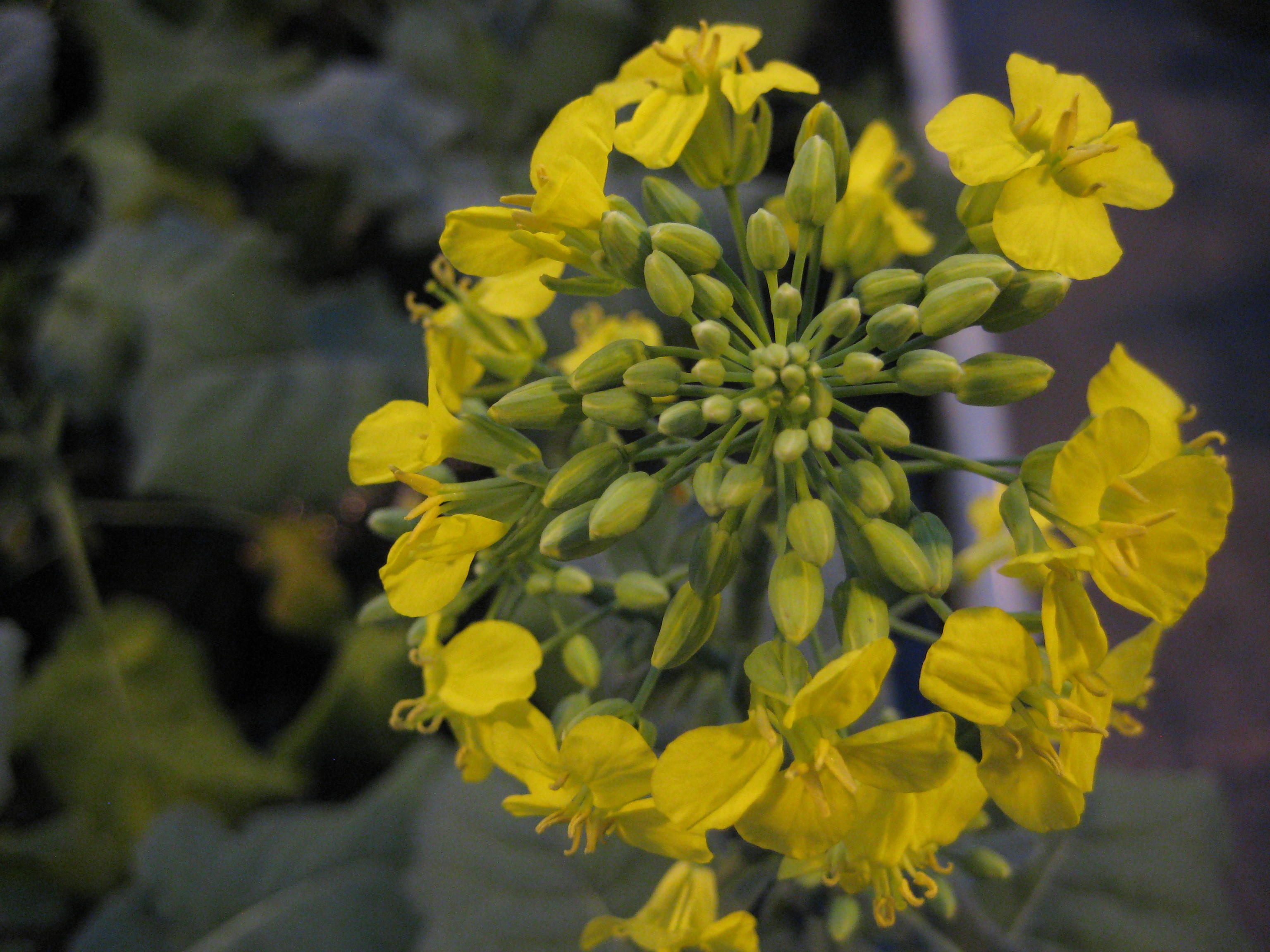Leuendorf, J.E., Schmülling, T. (2021) Meeting at the DNA: Specifying cytokinin responses by modulating the transcriptional output. Plants 10, 1458. https://doi.org/10.3390/plants10071458
Brenner, W.G., Schmülling, T. (2015) Summarizing and exploring data of a decade of cytokinin-related transcriptomics. Front. Plant Sci. 6, 29. https://doi.org/10.3389/fpls.2015.00029
Brenner, W., Romanov, G., Bürkle, L., Schmülling, T. (2005) Immediate-early and delayed cytokinin response genes of Arabidopsis thaliana identified by genome-wide expression profiling reveal novel cytokinin-sensitive processes and suggest cytokinin action through transcriptional cascades. Plant J. 44, 314-333. https://doi:10.1111/j.1365-313X.2005.02530.x
Heyl, A., Ramireddy, E., Brenner, W.G., Riefler, M., Allemeersch, J., Schmülling, T. (2008) The transcriptional silencer ARR1-SRDX suppresses pleiotropic cytokinin activities in Arabidopsis. Plant Physiol. 147, 1380-1395. https://doi:10.1104/pp.107.115436
Brenner, W.G., Schmülling, T. (2012) Transcript profiling of cytokinin action in Arabidopsis roots and shoots discovers largely similar but also organ-specific responses. BMC Plant Biol. 12, 112. https://doi:10.1186/1471-2229-12-112
Brenner, W.G., Ramireddy, E., Heyl, A., Schmülling, T. (2012) Gene regulation by cytokinin in Arabidopsis. Front. Plant. Sci. 3, 8. https://doi.org/10.3389/fpls.2012.00008
Ramireddy, R., Pfeifer, A., Brenner, W.G., Heyl, A.*, Schmülling, T.* (2013) In planta analysis of a cis-regulatory cytokinin response motif in Arabidopsis and identification of a novel enhancer sequence. Plant Cell Physiol. 54, 1079-1092. https://doi:10.1093/pcp/pct060
- Translational research: Regulation of seed yield by cytokinin
Seed yield is one of the most important traits in breeding of crop plants. We have shown that mutation of specific genes encoding cytokinin-degrading cytokinin oxidases/dehydrogenase (CKX) enzymes causes a substantial increase in seed yield in Arabidopsis. The yield-related traits that are regulated by cytokinin are the size and activity of the shoot apical meristem, the number of flowers and siliques that are formed, the density and number of seeds in siliques, and the duration of flowering time. Together, this underpins the relevance of sink strength in determining yield and identifies CKX genes as promising candidates for practical breeding. Recently, analysis of the orthologous CKX genes of oilseed rape (Brassica napus) has lend support for their potential role in determining seed yield. ckx3 ckx5 mutants showed more active inflorescence meristems and produced >50% more flowers with gynoecia containing more ovules on the main stem. We are currently exploring the individual contributions of B. napus CKX gene family members to regulate yield traits in oilseed rape. This project is led by Ireen Schwarz.
Recently, we have extended our analysis to barley (Hordeum vulgare), which is an important European cereal. This work is led by Jan Erik Leuendorf and carried out in collaboration with Joachim Kumlehn and Robert Hoffie, IPK Gatersleben.

An inflorescence of oilseed rape.


